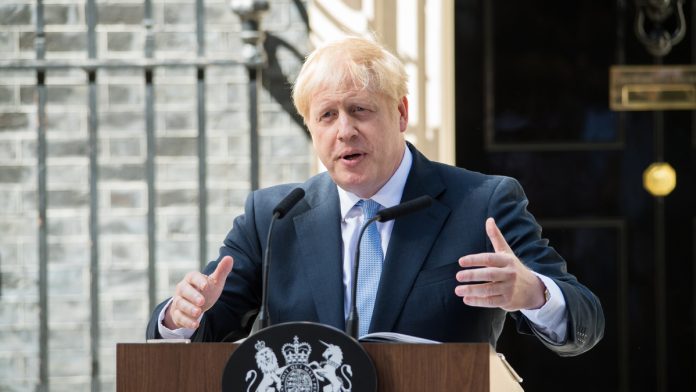The Pound versus euro dived 4.3% across the previous week, in its worst weekly performance since October 2016. On Friday alone the Pound dropped 1.6% against the common currency, hitting a 6-month nadir of €1.1047 as coronavirus dominated trading and central banks took action.
As the new week kicks off sentiment is driving trading as investors are reacting to the weekend coronavirus headlines. A volatile week is expected. At 06:30 UTC, GBP/EUR has pushed higher +0.3% at €1.1090, down from a high of €1.1128 reached overnight.
Benefits of Coordinated BoE & Chancellor’s Stimulus Package Short Lived
Support for the Pound stemming from the UK government budget proved to be short lived and sterling was one of the biggest losers versus its major peers across the previous week. Chancellor Rishi Sunak announced £30 billion economic stimulus plan. In addition to the Budget last week, Pound investors also digested a 50-basis point emergency rate cut by the BoE; a coordinated move with the Government.
Last week Boris Johnson moved England to the second phase of response to the virus. The “delay” phase. However, pound investors were disappointed by the relatively relaxed measures. Over the weekend Boris Johnson came under growing pressure to jump forward with the response, closing schools and isolating the elderly. The UK’s lack of action could keep harming the pound. Should the UK introduce stricter measures, the pound could see a boost.
Europe On Lock Down
The new week begins with significant coronavirus developments in Europe. France, Italy and Spain are now on coronavirus lock down as the number of cases and deaths escalate. Businesses are grinding to a halt and Europe is facing more draconian measures. The economic toll of the outbreak on the already fragile eurozone economy is unnerving investors
Last week the European Central Bank held its monetary policy last week. The central bank failed to cut rates but did implement some smaller more focused measures such as adding a further €120 billion bond purchases across the year. On Friday, the European Commission also announced a series of measures to support the region’s economy, including €27 billion to respond to coronavirus. However, there are serious doubts over whether these moves will be enough to stave off a recession in the block.
European stock markets are pointing to a sharp drop on the open as investors continue to flee from riskier assets.





